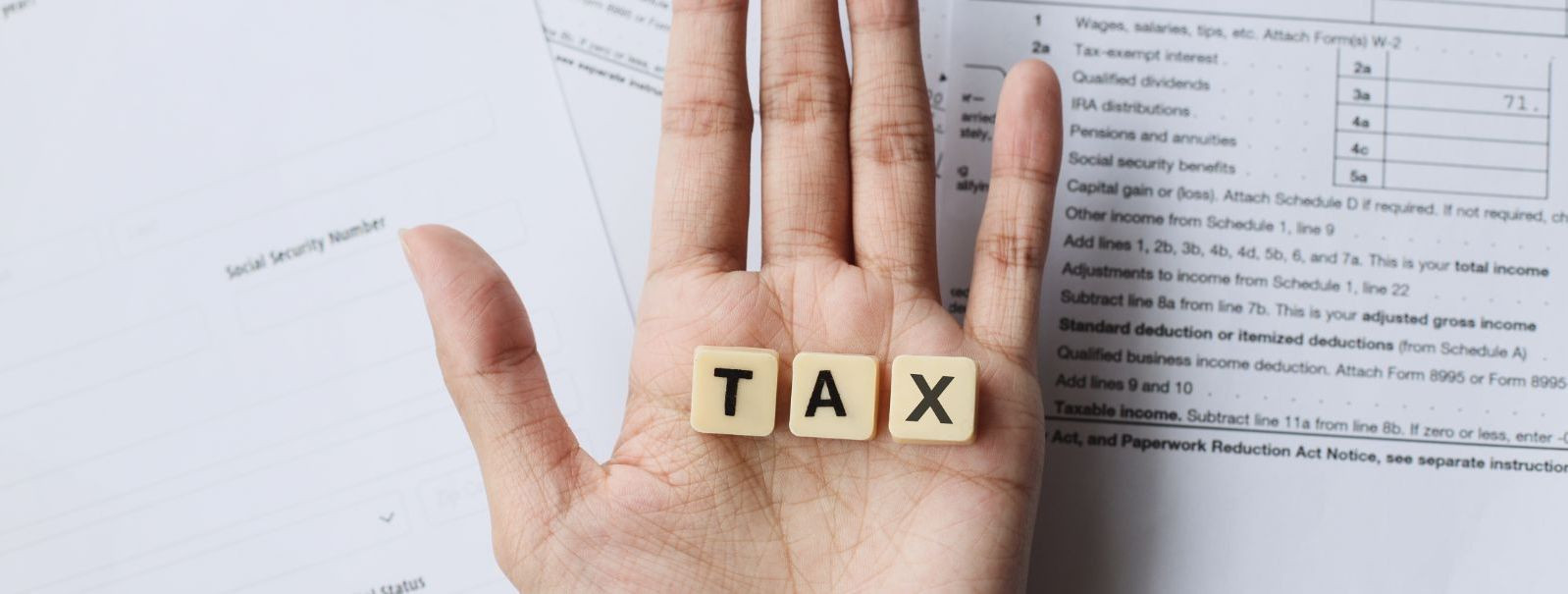The ultimate guide to tax planning for small businesses
Tax planning is a critical aspect of financial management that involves analyzing one's financial situation from a tax perspective. The goal is to ensure tax efficiency, where all elements of the financial plan work together in the most tax-efficient manner possible.
For small businesses, effective tax planning can mean the difference between success and failure. It allows business owners to anticipate tax liabilities, save money, and invest resources back into the business to foster growth and sustainability.
Essential Tax Planning Strategies
The choice of business entity—whether it's a sole proprietorship, partnership, limited liability company (LLC), or corporation—has significant tax implications. Each structure has its own tax treatment, and selecting the right one can minimize tax liability.
Understanding and claiming all eligible tax deductions and credits is crucial for reducing taxable income. Small businesses should be aware of deductions such as home office expenses, vehicle use, and depreciation, as well as credits like the small business health care tax credit.
By deferring income to the next tax year and accelerating expenses into the current year, businesses can manage their tax liabilities more effectively. This strategy can be particularly useful if the business expects to be in a lower tax bracket in the following year.
Setting up a retirement plan not only helps secure the future but also offers immediate tax benefits. Contributions to plans such as SEP IRAs or 401(k)s can reduce taxable income for the business and the business owner.
Hiring family members can provide tax advantages, such as shifting income to a lower tax bracket and reducing payroll taxes, while also keeping business operations within the family.
Common Tax Mistakes to Avoid
Failing to maintain accurate records can lead to missed deductions and credits, as well as problems if audited. Small businesses should implement a reliable accounting system to track expenses and income throughout the year.
Missing tax filing or payment deadlines can result in significant penalties and interest charges. It's essential to stay on top of deadlines and consider using electronic reminders or professional services to ensure compliance.
Some tax deductions and credits may not be fully utilized in one tax year and can be carried over to future years. Businesses should be aware of these opportunities to reduce tax liability over time.
Given the complexity of tax laws, it's often beneficial for small businesses to seek the advice of a tax professional. This can prevent costly mistakes and ensure that all tax planning strategies are optimized.
Advanced Tax Planning Techniques
Choosing between cash and accrual accounting methods can have a significant impact on how income and expenses are reported. Small businesses should consider which method best suits their operations for tax purposes.
Investing in tax-advantaged vehicles, such as certain bonds or real estate investments, can provide tax benefits while also contributing to the business's long-term financial goals.
State and local taxes can vary widely and have a substantial impact on a business's overall tax burden. It's important to understand these taxes and plan accordingly, especially if the business operates in multiple jurisdictions.
Effective tax planning includes preparing for the eventual transfer or sale of the business. This involves understanding the tax implications of different exit strategies and ensuring that the chosen approach aligns with the owner's personal and financial goals.
Staying Compliant and Up-to-Date
Tax laws are constantly changing, and staying informed is crucial for effective tax planning. Small businesses should keep abreast of new legislation and consider how it may affect their tax strategy.
Ensuring that all tax filings are accurate and submitted on time is a fundamental aspect of tax planning. Utilizing professional accounting services can help maintain compliance and avoid costly errors.
Advancements in accounting software and technology have made tax planning more accessible for small businesses. These tools can automate many aspects of tax preparation, from tracking expenses to generating reports, and can be a valuable asset in the tax planning process.






Comments (0)